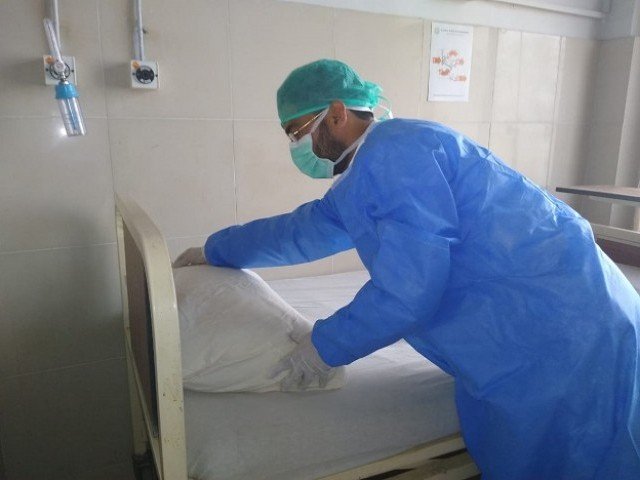Hollywood superstar Rihanna and climate activist Greta Thunberg have extended support for farmers in India who have been protesting against controversial agricultural laws introduced by PM Narendra Modi led BJP government.
Rihanna – who has more than 100 million followers twitter, took to social media sharing a CNN news piece on farmers’ protest in India and extending support to protesting farmers.
‘Why aren’t we talking about this?’, read the caption of Rihanna’s post.
Furthermore, world-renowned Swedish environmental activist – Greta Thunberg has also expressed solidarity with protesting farmers in India.
“We stand in solidarity with the farmers’ protest in India,” she tweeted.
Meena Harris – an American lawyer, children’s book author, producer, and founder of the Phenomenal Woman Action Campaign, has also condemned Indian government’s actions to subdue farmers’ protest.
“We all should be outraged by India’s internet shutdowns and paramilitary violence against farmer protesters,” she said.
The world’s most populous democracy is under assault, she noted.
Farmers’ protest in India
Indian farmers have marched to Delhi, setting up camps and staging a full-fledge sit in the nation’s capital against government’s agricultural policies and laws.
Farmers are protesting against a set of three laws passed in September this year regarding de-regulation of India’s agricultural sector.
The protesting farmers have been harshly dealt by authorities who have resorted to teargas shelling and intense baton charge wounding at least hundreds of farmers.
These laws provision farmers to by-pass government-regulated markets (mandis) and sell their produce directly to buyers.
New laws allow traders to stockpile foods – a provision in utter contrast with the anti-hoarding laws around the world. Due to this, traders will be able to exploit and benefit from supply/demand variations and resulting inflation.
Agriculture sector in India employs more than 40 per cent of the country’s population and 86 percent of India’s cultivated farmland is owned by low level farmers who own less than five acres of land.
Farmers have cited fears that they don’t possess sufficient power when it comes to bargaining and this ‘de-regulation’ will result in their failure to secure decent prices, rates for their produce.














































